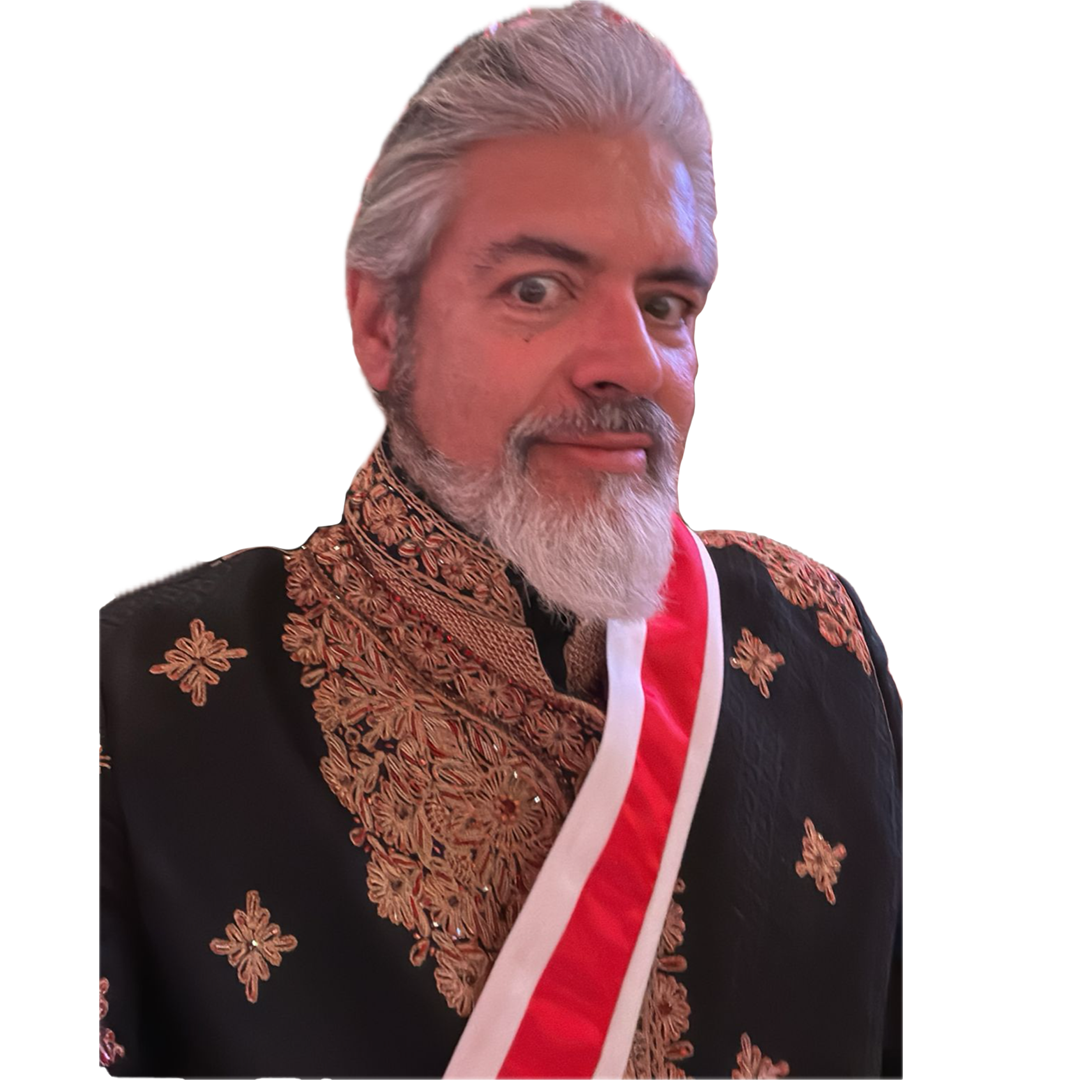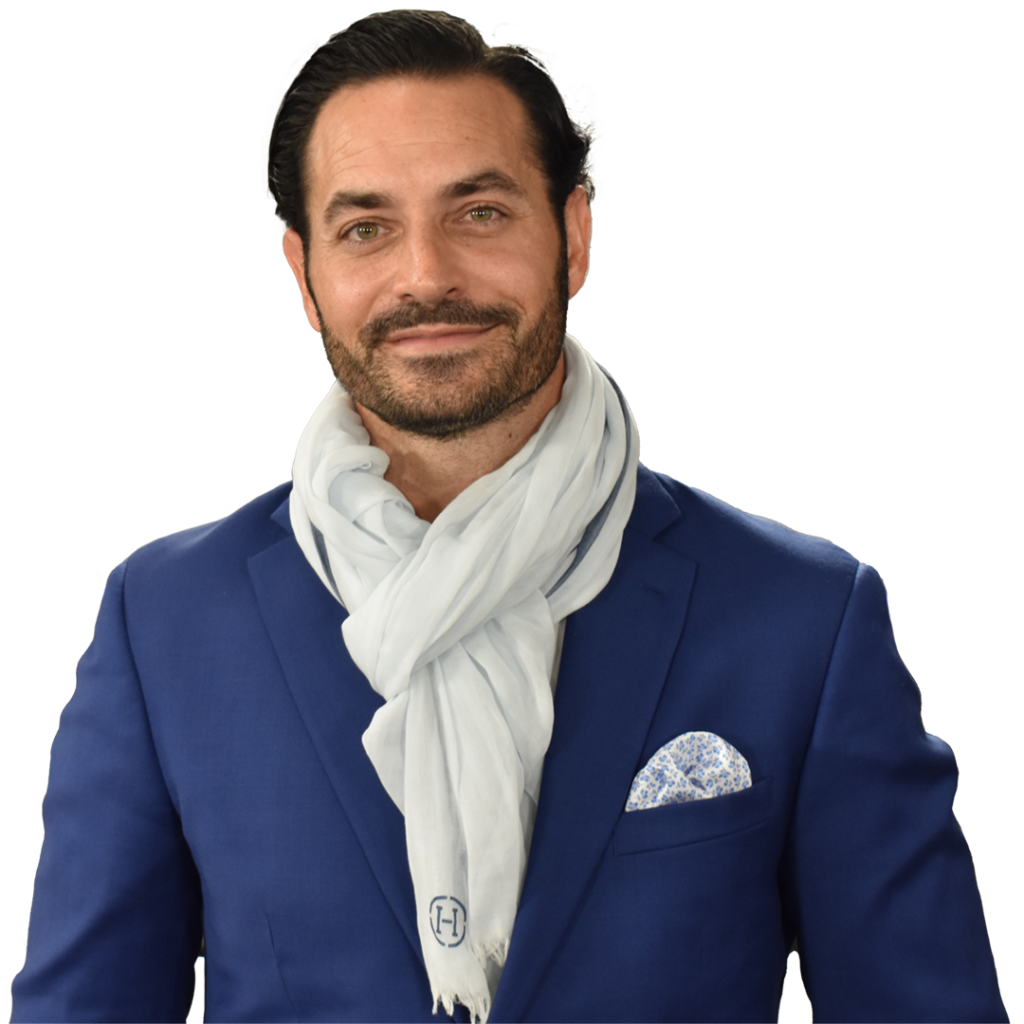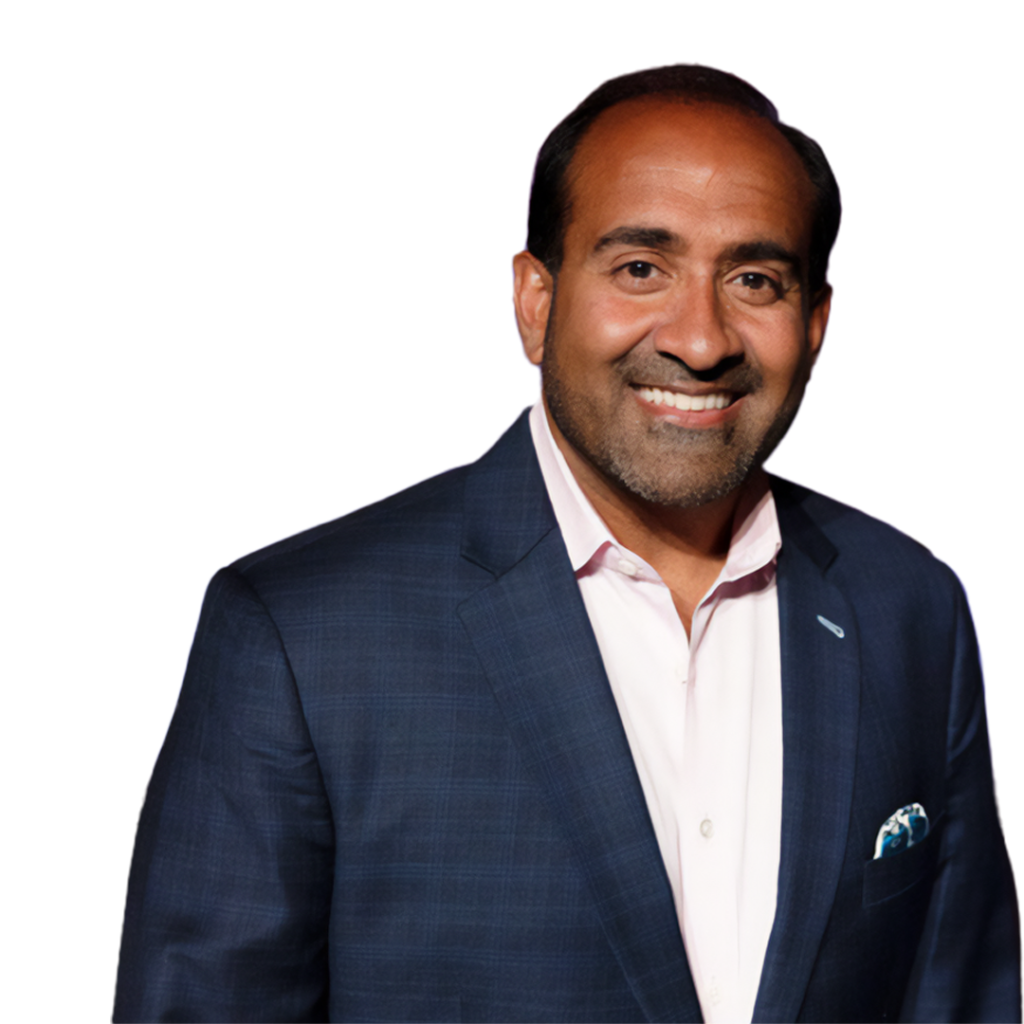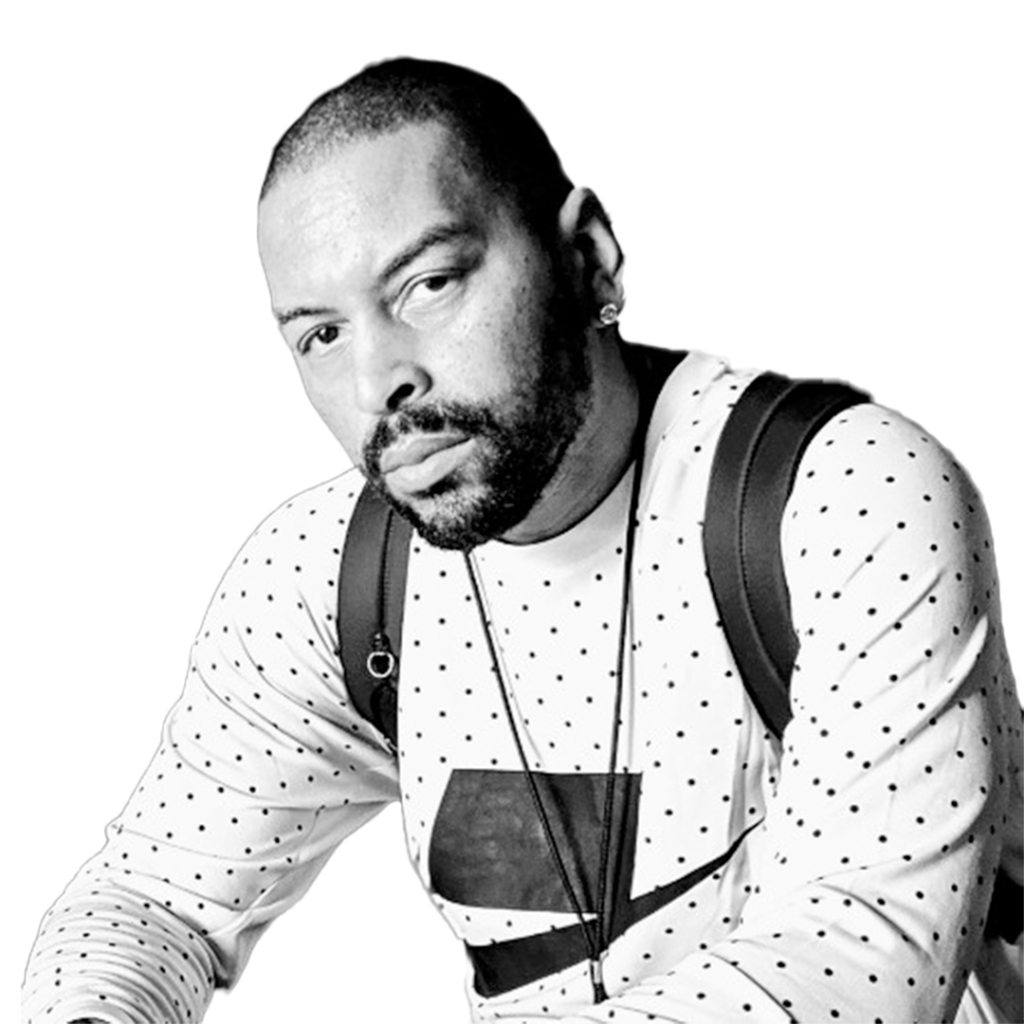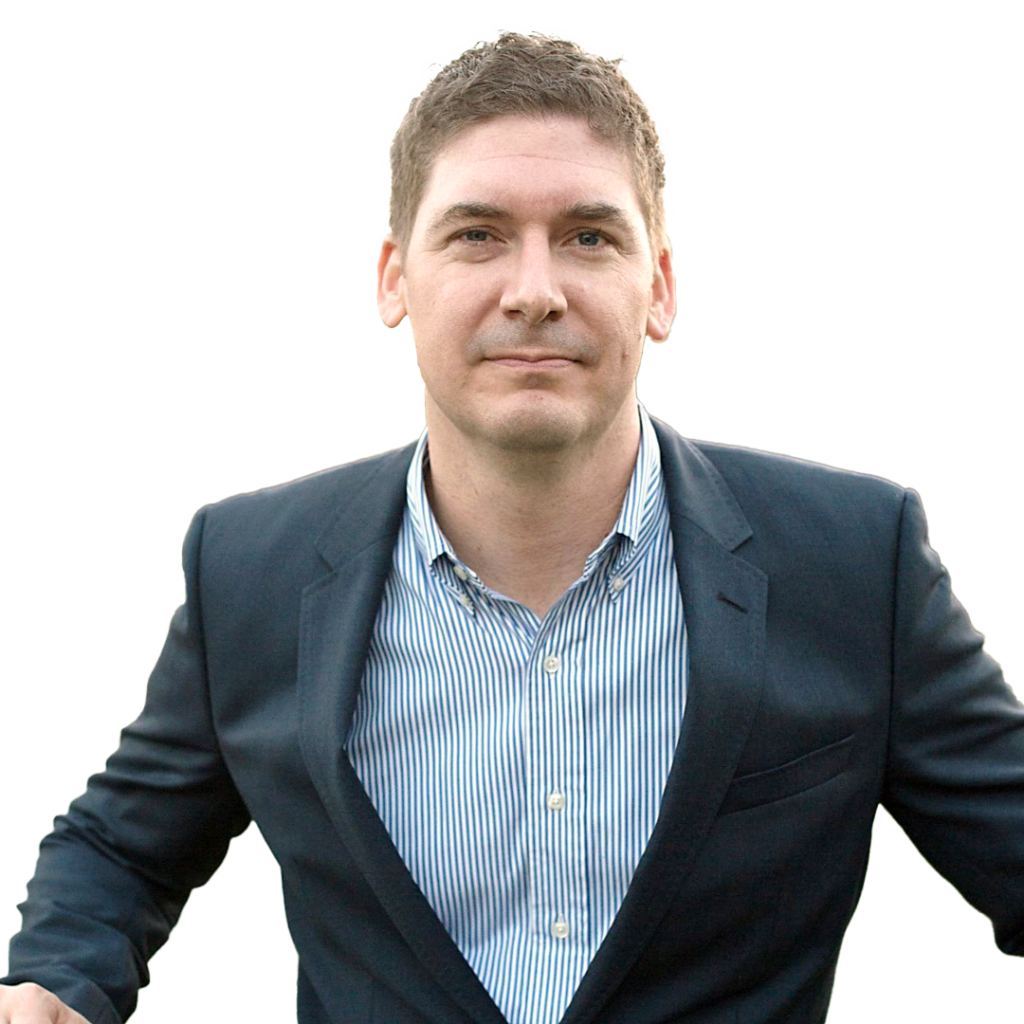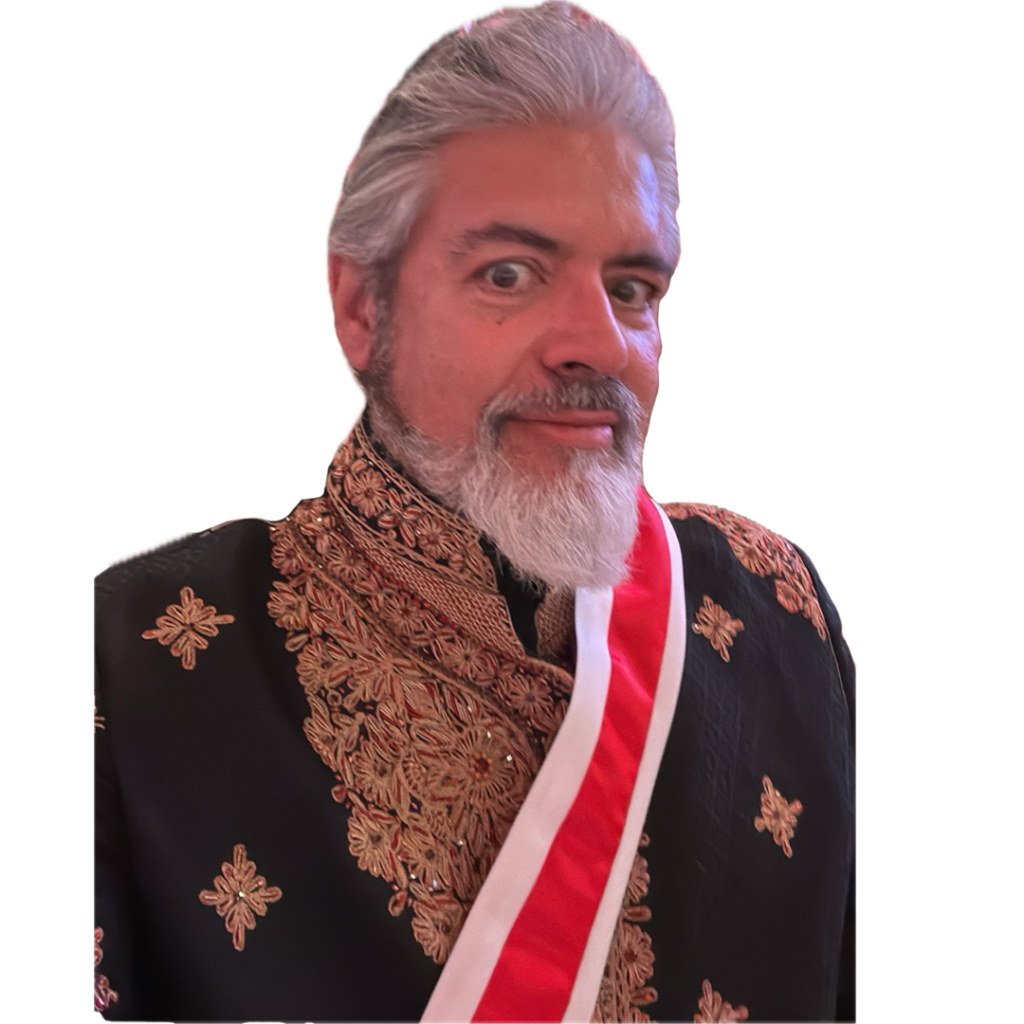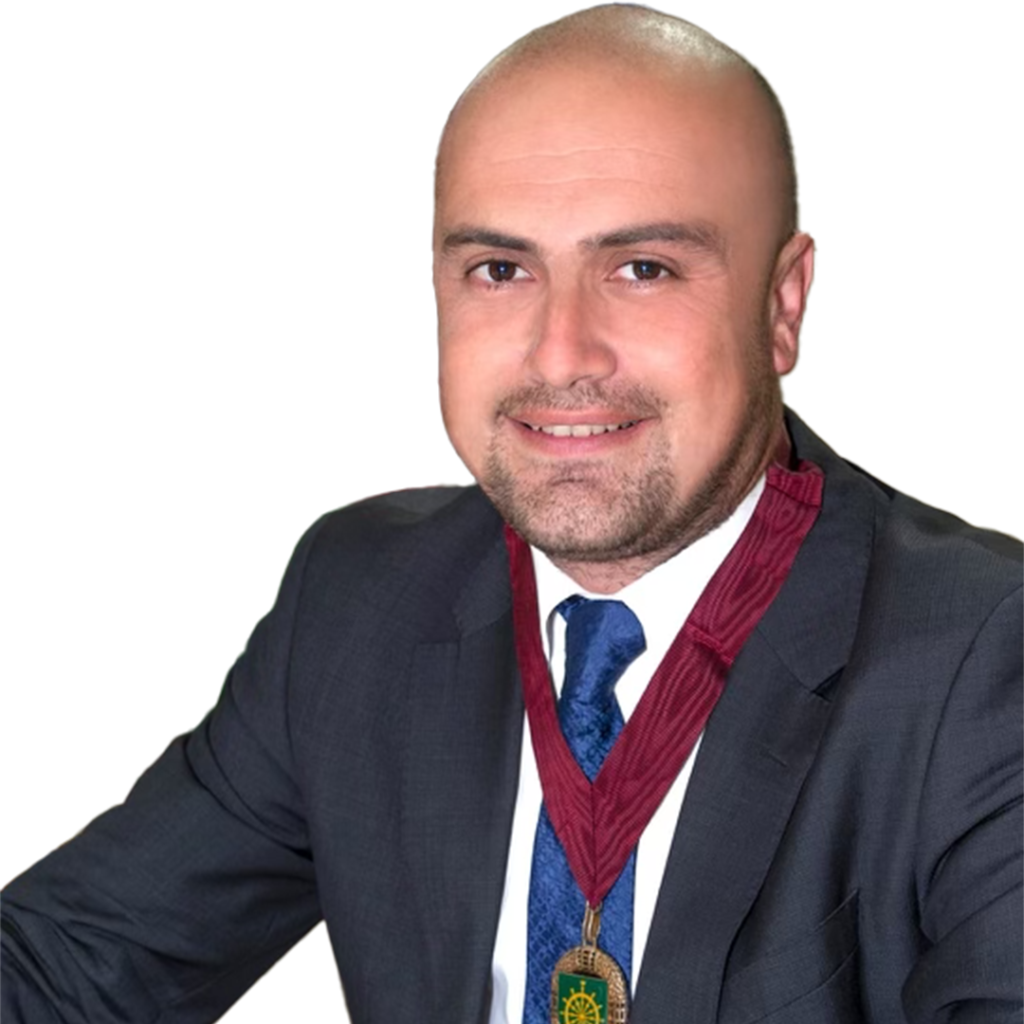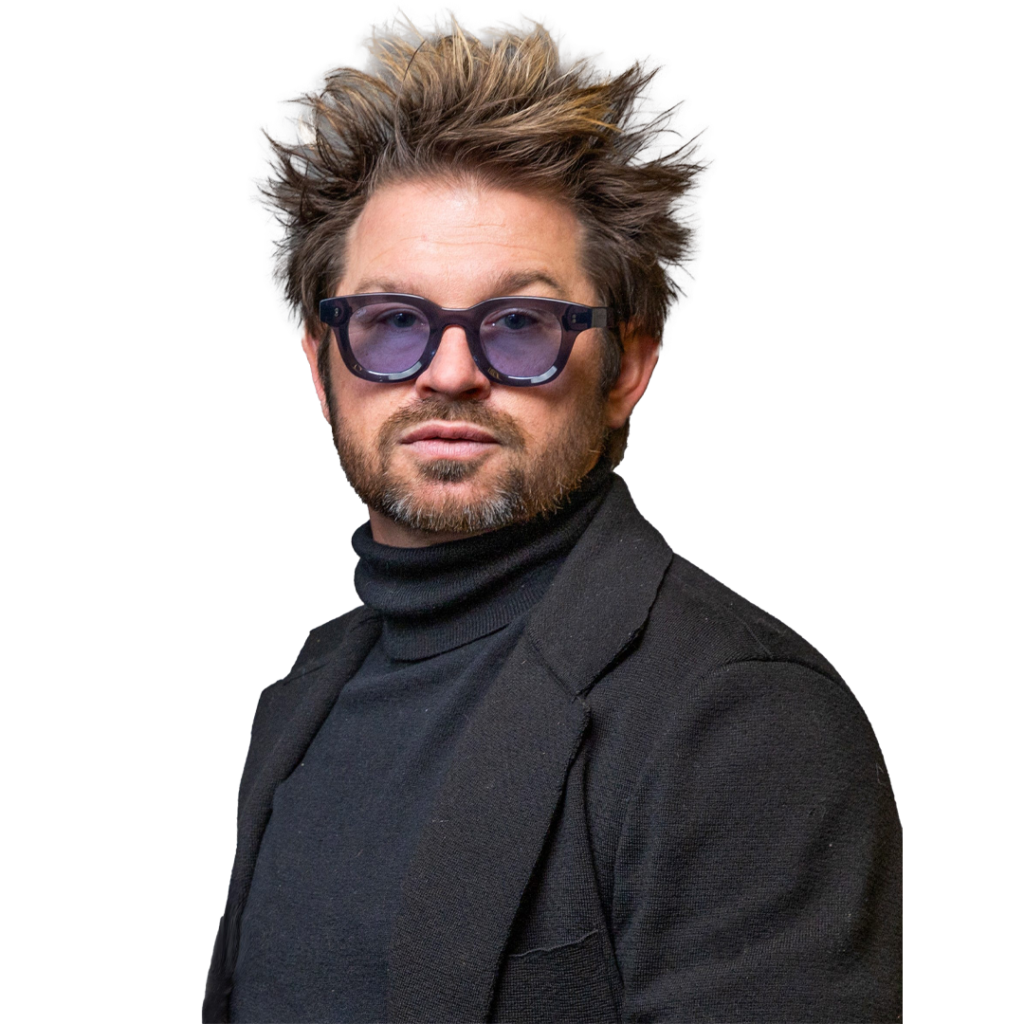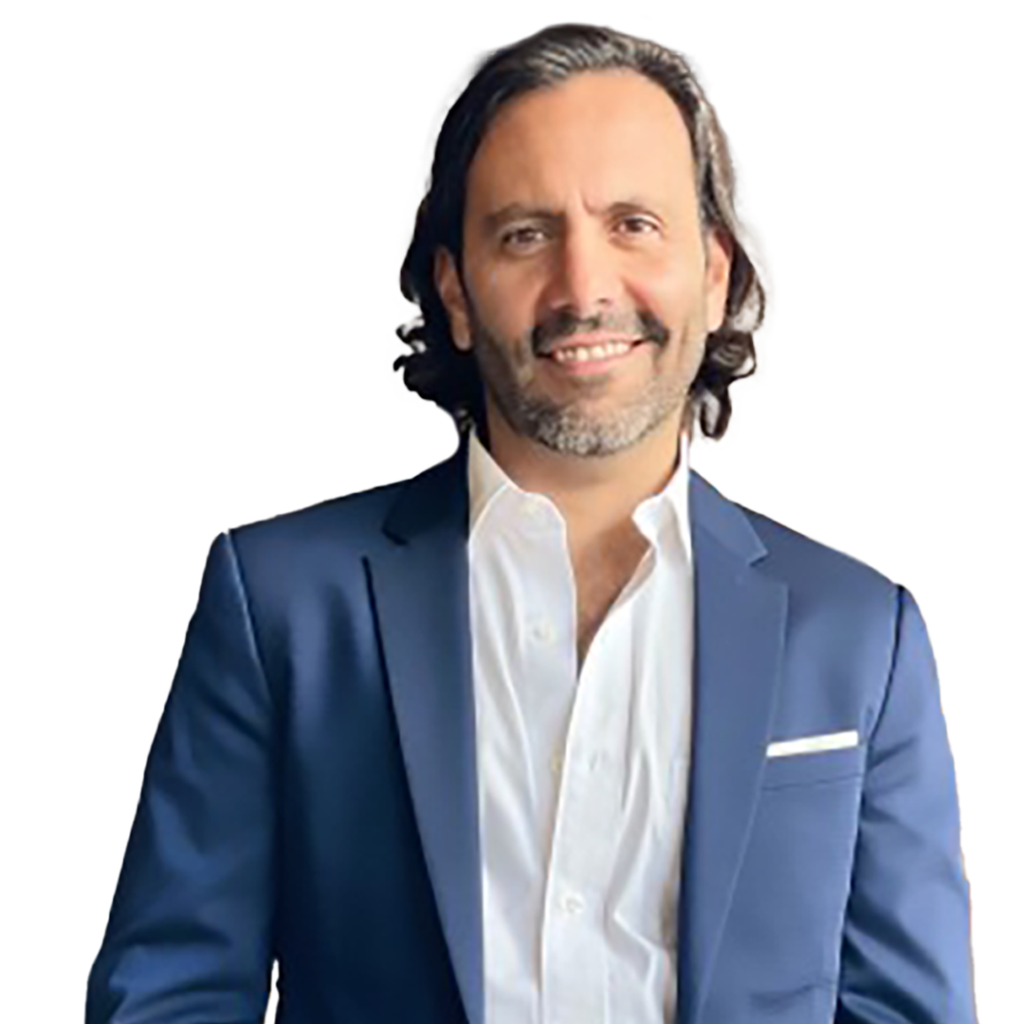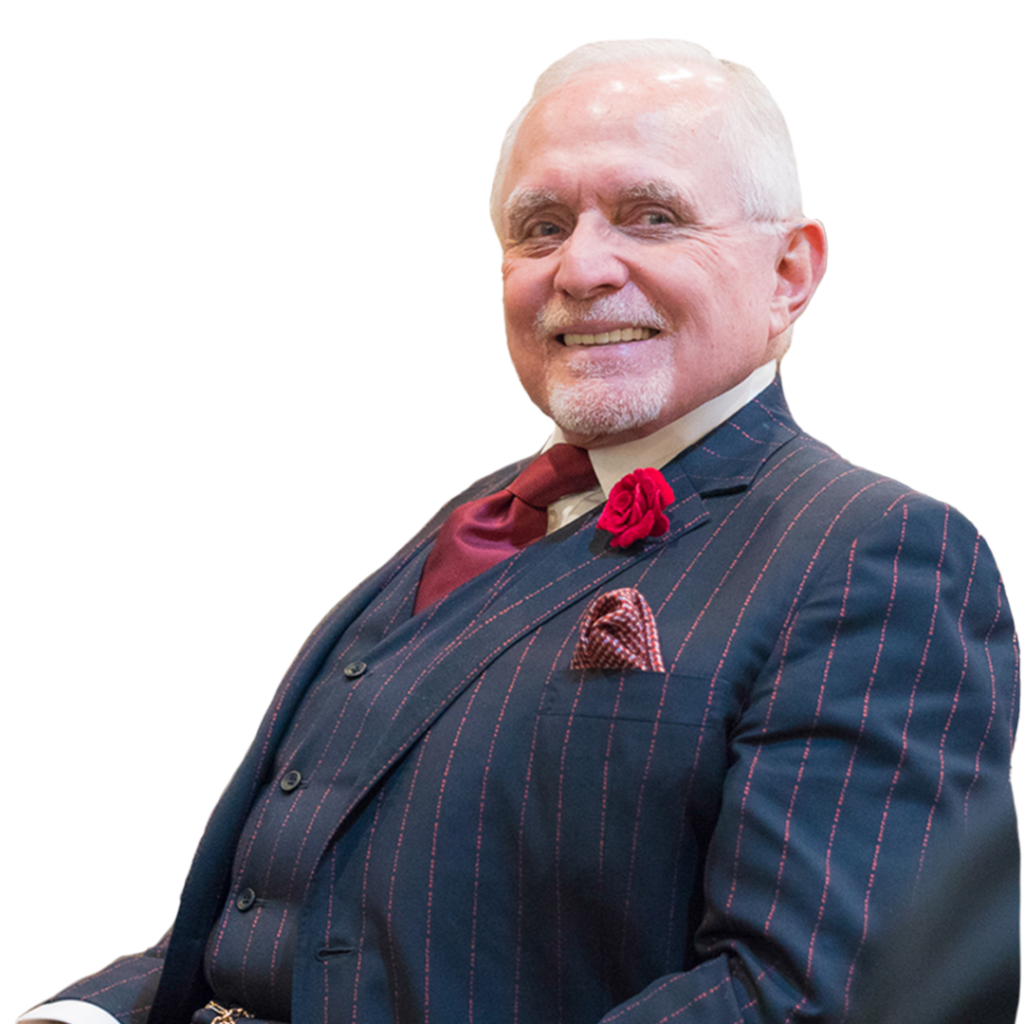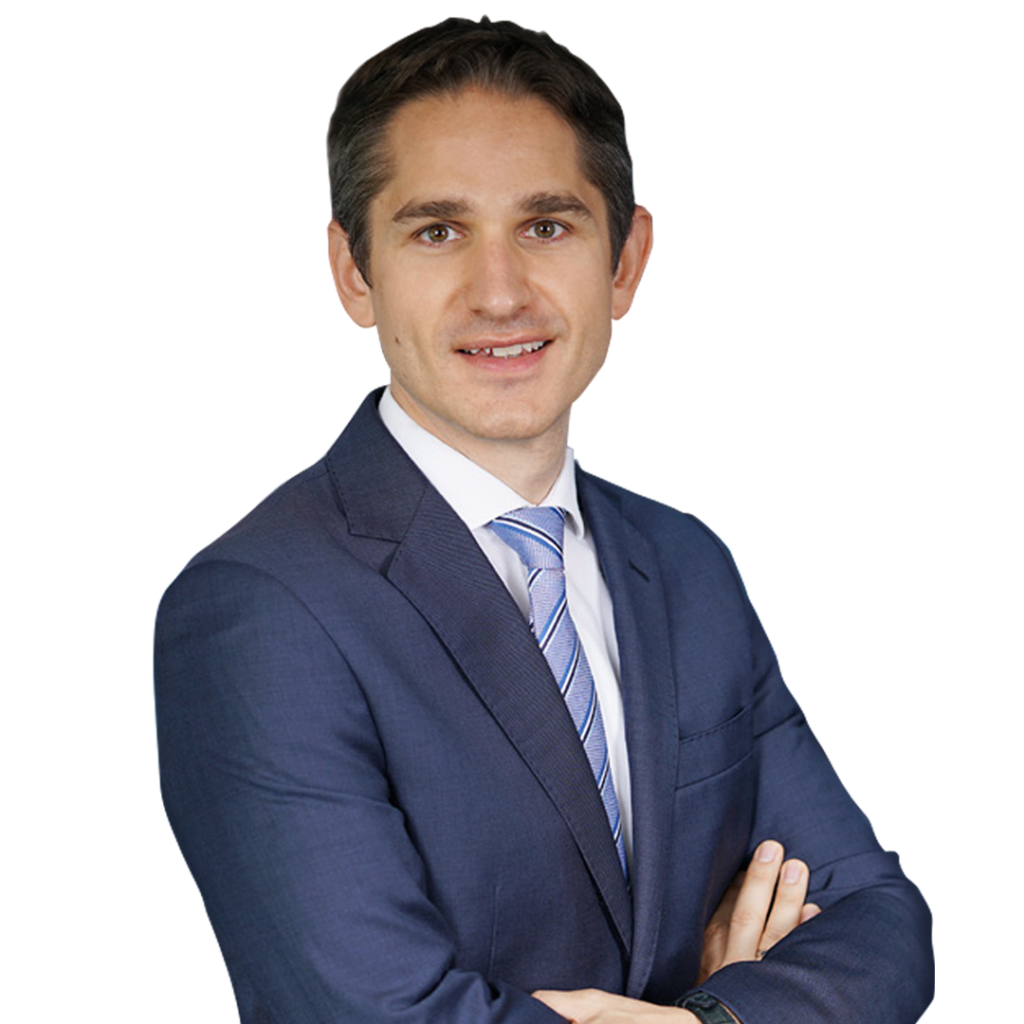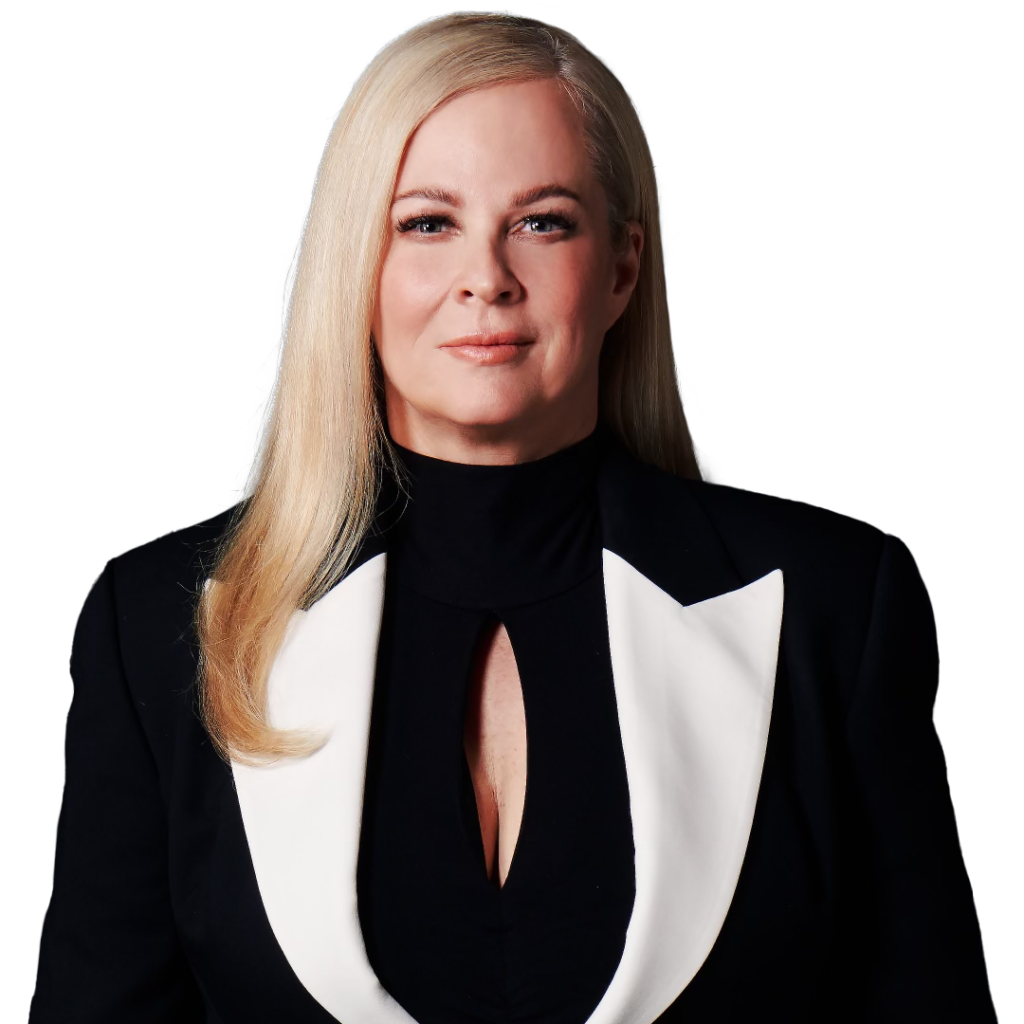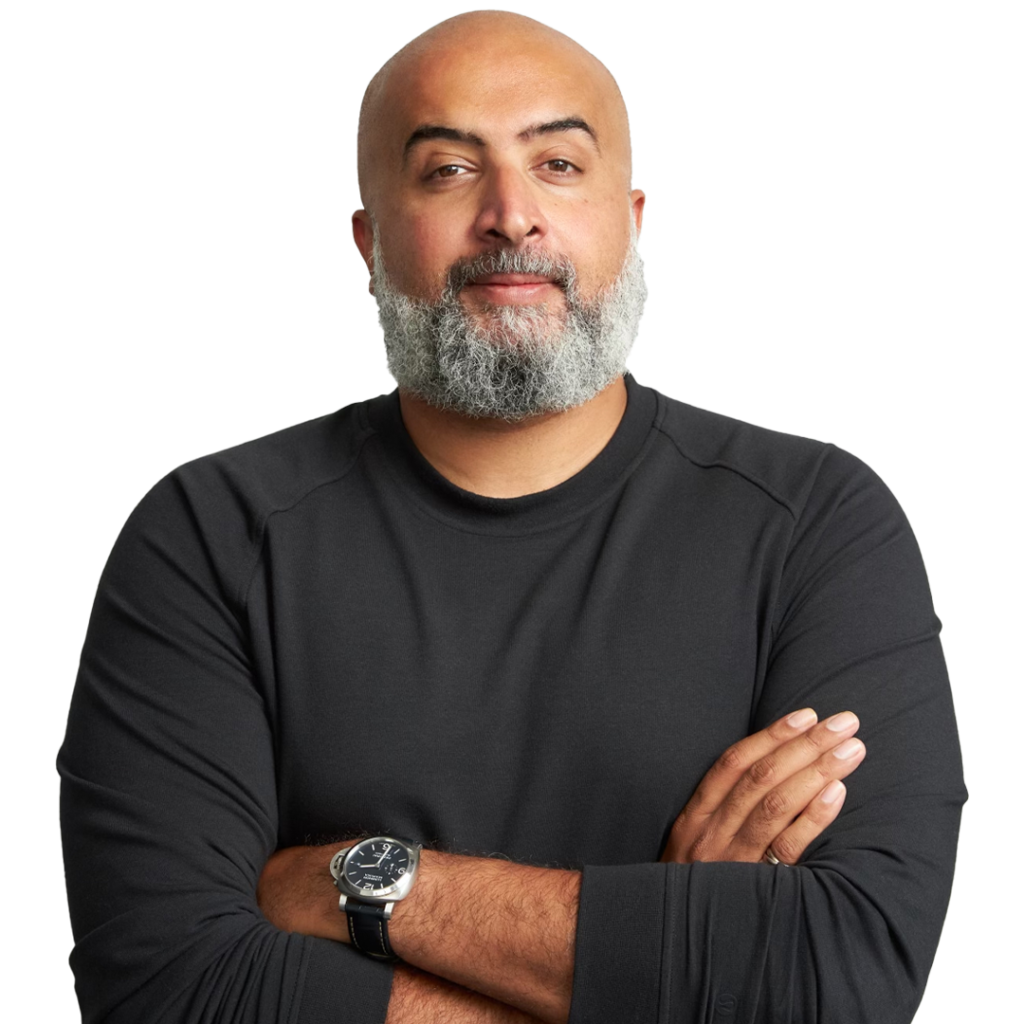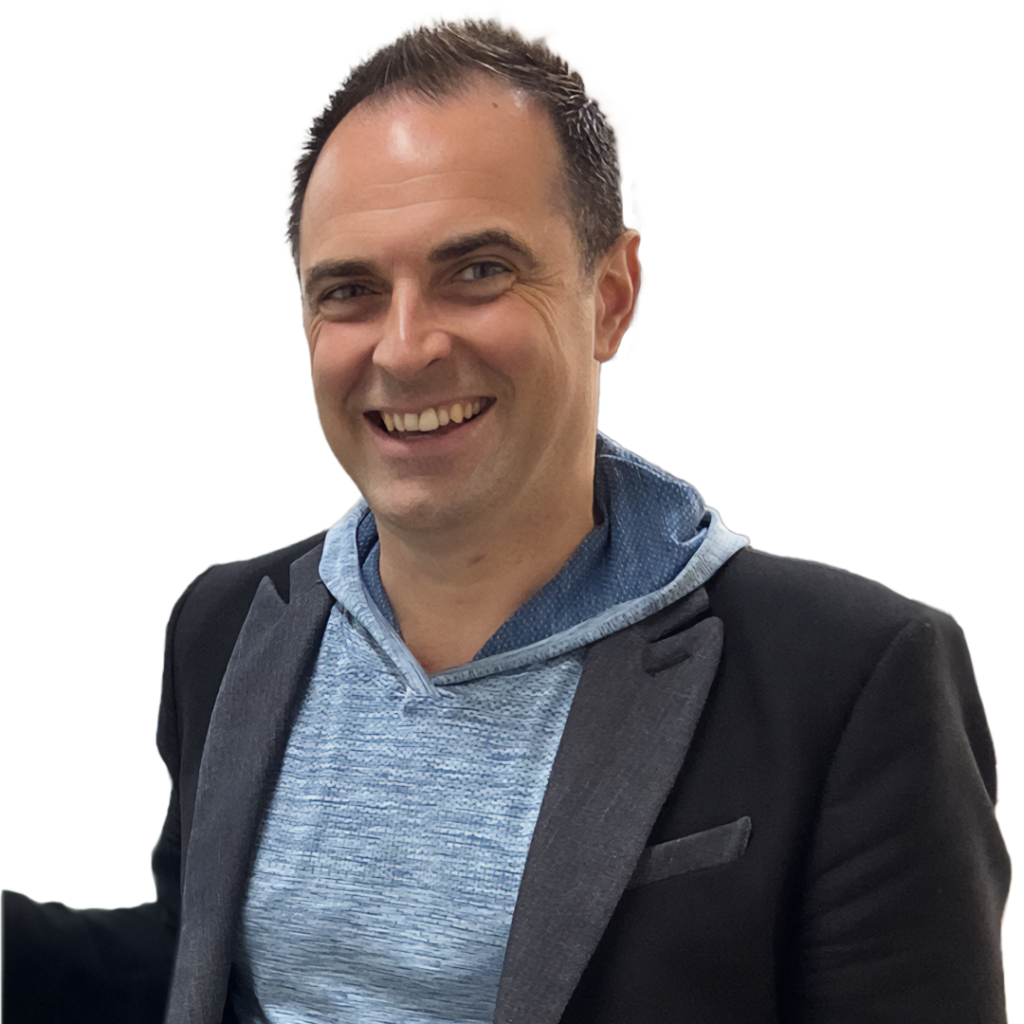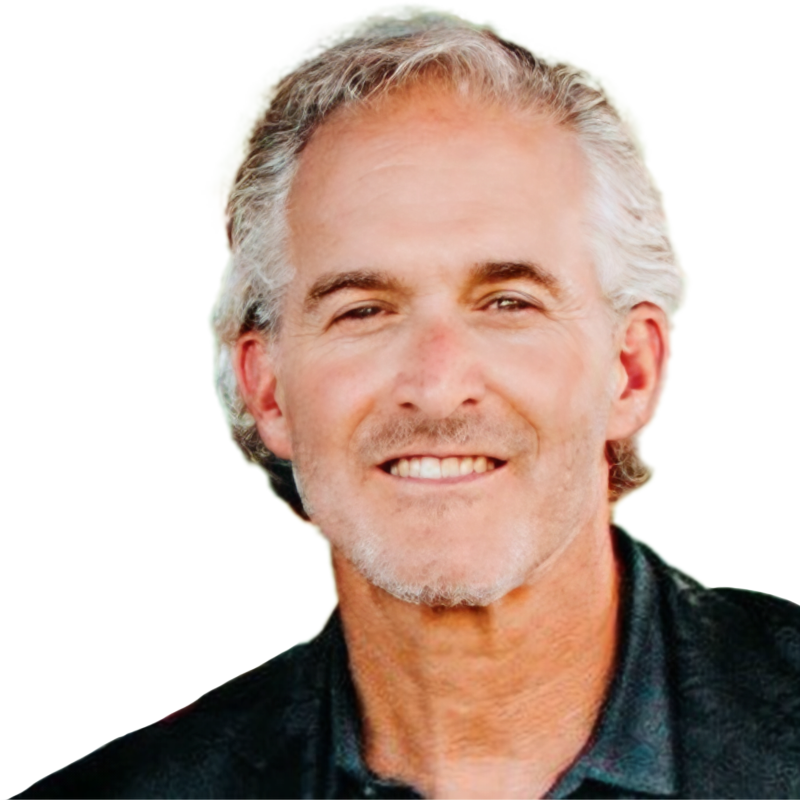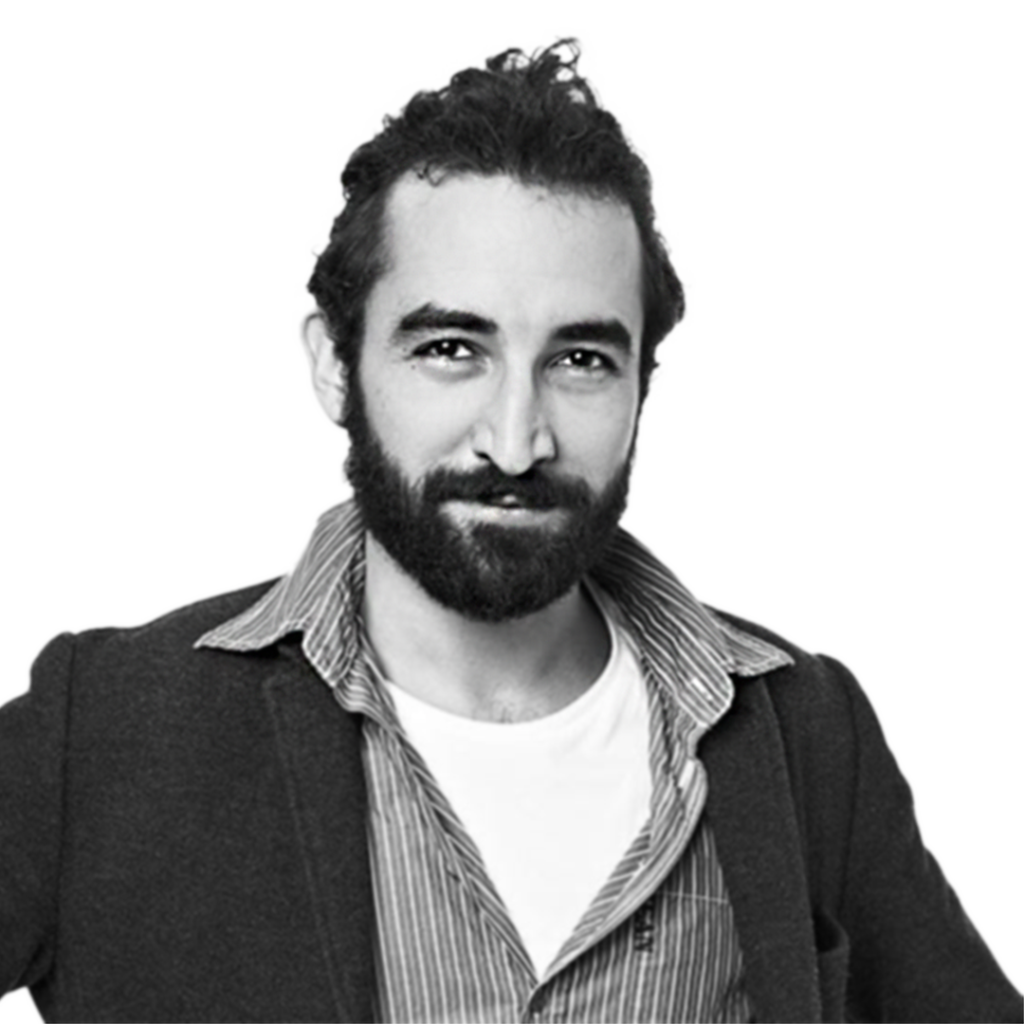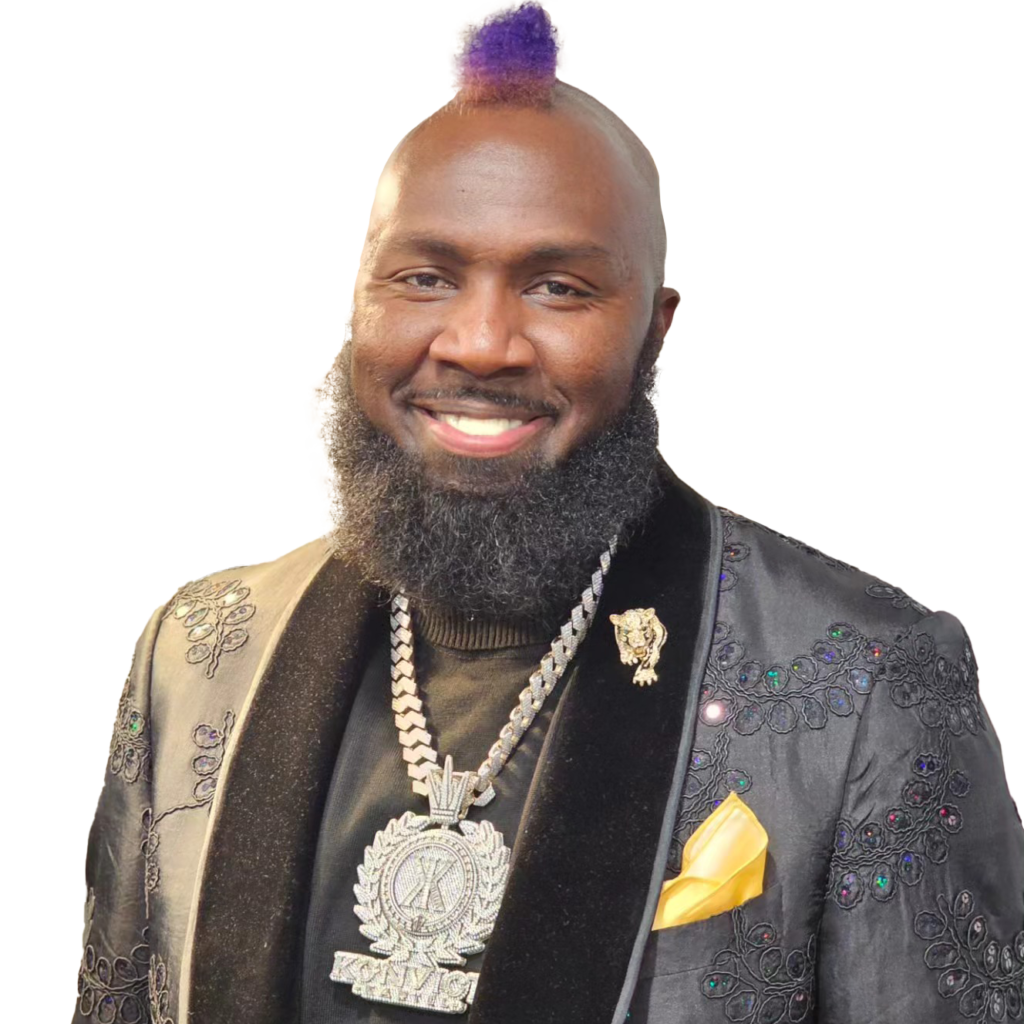Episode Description
In a recent episode of “Success Leaves Clues,” hosted by Dustin Plantholt and sponsored by Root Wellness, listeners can dive into a captivating conversation with the renowned artist Marcos Marin. Marcos, whose career spans over four decades, begins by reflecting on his eclectic journey from being a classically trained pianist in Brazil to becoming an acclaimed optical artist based in Paris. His story is not just about artistic evolution but also a profound love for his craft that transcends mediums.
Marcos shares insights into the intrinsic motivation behind his work and his decision to veer away from traditional career paths to create a unique artistic identity. He credits his success to a lifelong passion and the influential figures in his life, including his parents—his mother, a soprano opera singer, and his father, a film producer. These familial influences deeply embedded the love of art in him, shaping his approach and commitment to his work.
Throughout the discussion, Marcos speaks about the pivotal moments in his career, particularly his transition from music to visual arts. He narrates how after moving to Paris to study, he fell in love with the vibrant art scene and decided to stay, gradually shifting his focus from performing arts to visual expression. This shift was not sudden but a result of continuous exploration and self-discovery.
One of the most compelling parts of the episode is when Marcos discusses his mentorship under Pierre Cardin, who not only supported him as an artist but also provided him with a studio in Southern France. This relationship was crucial for Marcos, offering him both the physical space and the creative freedom to explore and refine his art. Marcos emphasizes the importance of such patronage in the arts, noting how crucial it is for artists to find supporters who believe in their vision.
Furthermore, Marcos delves into the philosophical aspects of his work and life, discussing how he defines success. For him, success is about authenticity and impact rather than fame or financial gain. He recounts stories of how he’s used his art to connect with people on a deeper level, whether they’re art collectors or ordinary viewers, and how these interactions enrich his experience as an artist.
Listeners will also hear about the challenges and setbacks Marcos faced, including personal losses and societal pressures. He talks openly about the loss of his family members and the struggles with his identity and acceptance within his conservative family due to his sexual orientation. These experiences, he explains, have not only shaped his character but also his art, infusing it with a deeper meaning and a drive to affect change through his creations.
